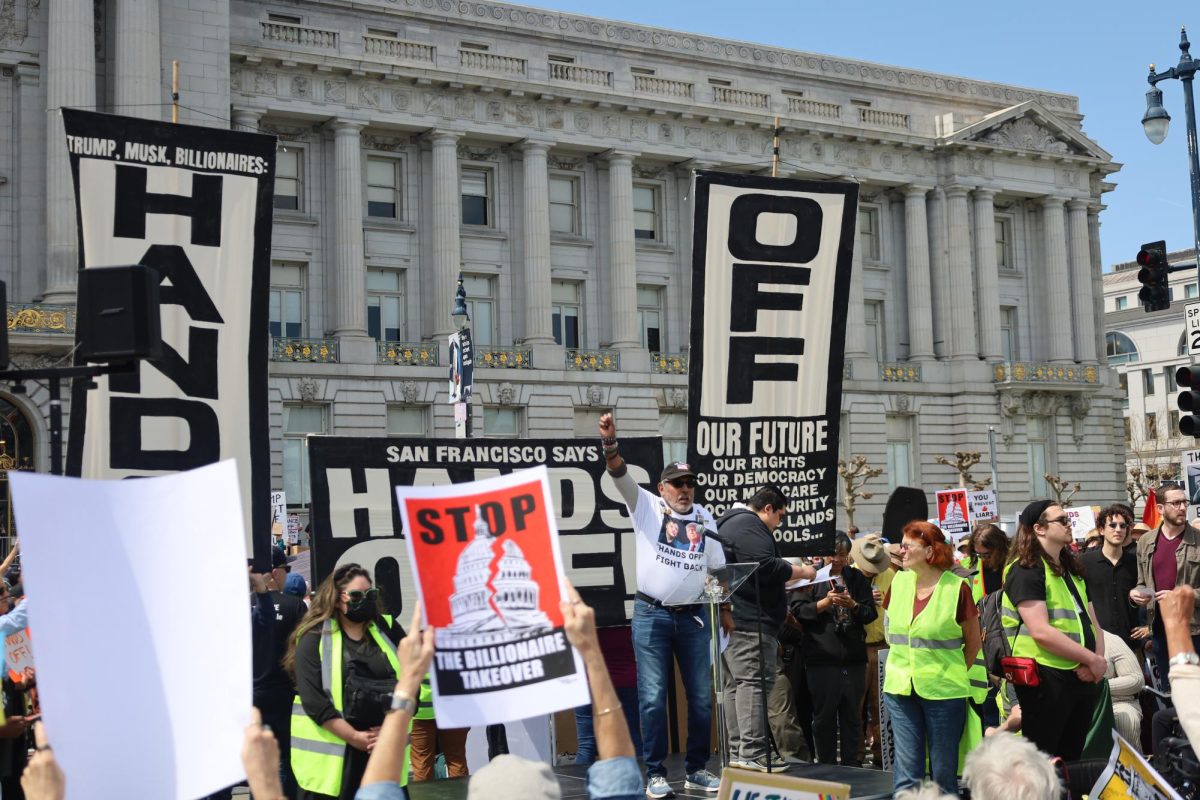AB 5 causes problems for freelancers
Mar 4, 2020
The beginning of this year came with a flurry of new laws – Assembly Bill No. 5 included. This law, shortened to AB 5 or the ‘freelancer law’ affects a myriad of people from rideshare drivers, musicians, writers, editors and photographers. The workers are limited to “35 content submissions” per employer.
Local papers have had to roll with the punches as this law has come into effect this year. Michael Stoll, the executive editor of the San Francisco Public Press said that one or two people who were freelancing as editors for their publication were converted to staff positions as a result of AB 5.
The problem for local publications is that the budget just doesn’t exist sometimes to hire freelancers as part of their staff.
“We hire freelancers because we cannot afford people on staff,” said Marvin Ramierez, the publisher of El Reportero. “A company would prefer to change freelancers during the year then stick with one who will accumulate 35 or more [content submissions].”
In light of AB5 coming into play at the beginning of 2020, SB Nation owned by Vox media announced in December of 2019 that their over 200 independent contractors would no longer be writing for their California team blogs but instead they were changing to “a new one run by a team of new SB Nation employees.” Independent contractors were urged to apply for the newly formed parttime or fulltime positions they were creating because of the limits AB 5 sets.
Berkeleyside, an independent news site based out of Berkeley, uses “quite a few freelancers” as Lance Knobel, publisher and co-founder Berkleyside puts it. Berkeleyside found that they’re freelancers didn’t meet the 35 article limit that AB5 has, but Knobel said, “It was incredibly misguided and sort of done without awareness of the people that it would affect negatively.”
Rideshare companies like Uber and Lyft are usually the ones that come to mind with AB 5 because of the Google ad that tops the search list stating that AB 5 “jeopardizes driver flexibility.” are fighting against AB 5. “Because we continue to believe drivers are properly classified as independent, and because we’ll continue to be responsive to what the vast majority of drivers tell us they want most—flexibility—drivers will not be automatically reclassified as employees, even after January of next year,” said Tony West, the Chief Legal Officer of Uber in a press release.
“I support the idea behind AB 5 which is an awful lot of operations, particularly Uber, Lyft, Doordash,” said Tim Redmond, the founder of 48 Hills. “Uber drivers should be employees and they should have to the rights of employees.” [If I wrote AB5] I would have exempted little small organizations like us.”
The limit of 35 seemed arbitrary to many. The idea of a weekly columnist would be someone who submits 52 times a year, and even though they only write once a week for that publication, they cannot do that under AB5.
“The 35 pieces of work rule, I think really didn’t take into account the reality of freelance work for a lot of people,” said Redmond.
California assemblywoman Lorena Gonzalez sponsored AB5. Gonzalez took to Twitter on February 27 to announce the changes that would be in store for AB5. “The amendments remove the cap on the number of submissions a freelancer writer, photographer or editor can provide a single entity before they must classify the individual as an employee,” tweeted Gonzalez. “To strike a balance and protect employment opportunities in these professions, the amendments specify that a contractor cannot replace an employee position.”
It is not clear how long it will take for these changes that Gonzalez talks about will come into effect.











Individualist Ideas • Mar 4, 2020 at 5:51 pm
Ride-share drivers and other so-called “gig-economy” workers are not being deprived of so-called “rights” to benefits by their employers.
Uber is not an employer. Uber is a broker that connects freelancers to their clients.
And when Uber drivers were asked “what’s the thing you most care about,” 53% said salary, 37% flexibility, and nearly none said benefits.
In other words, like other freelancers, the protection these freelancers desire is protection from the law itself, not from the companies that connect them with their customers.
The employees’ rights narrative comes not from freelancers, but from unions, who created it to gain public support for the passage of these laws in order to grow their membership.
The law in California needs to be repealed, not amended, and it needs to be stopped from passing elsewhere across the country, for the good of all freelancers and their clients.